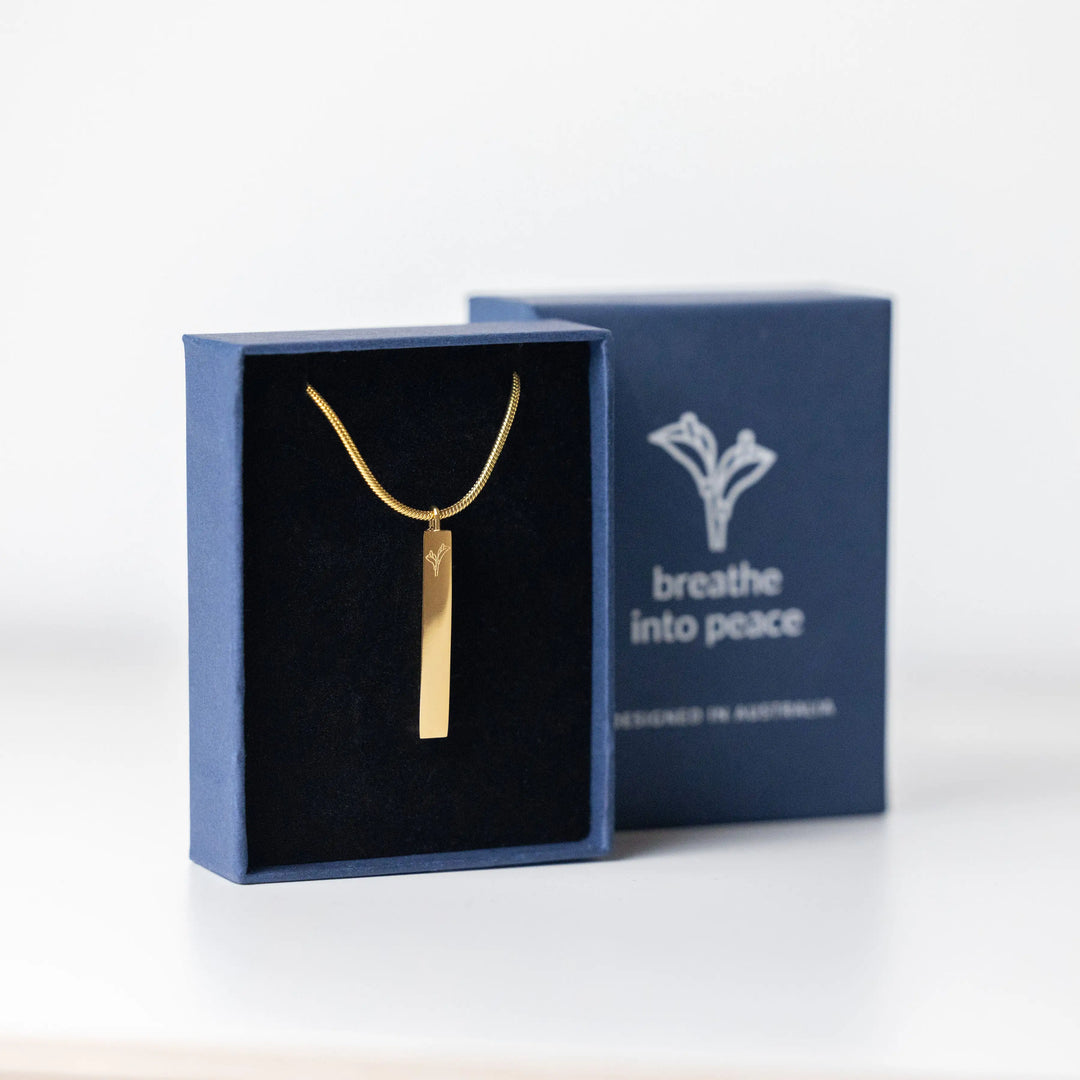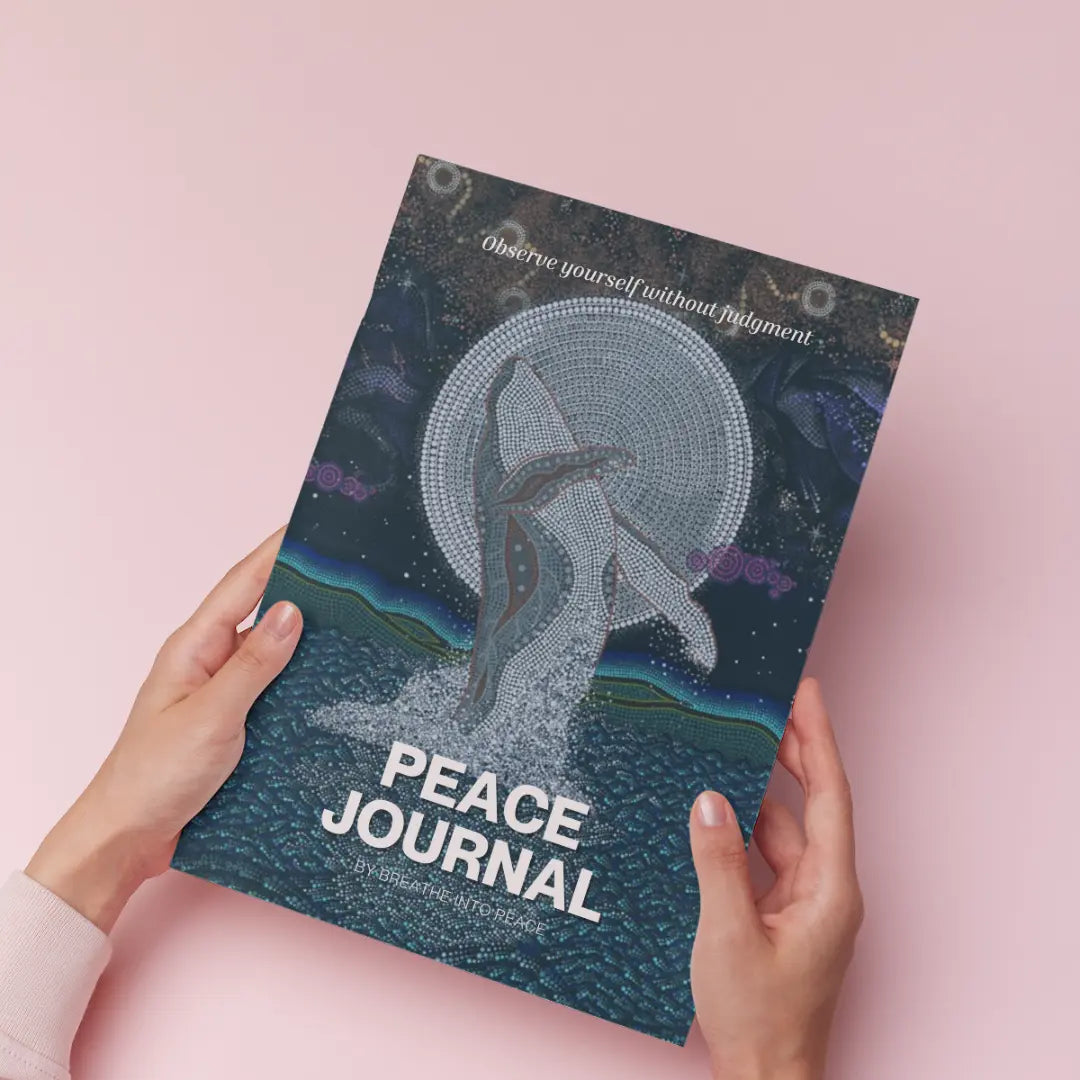Anxiety Management Made Easy: Tips to Soothe Your Mind
In a world filled with deadlines, expectations, and uncertainties, it's no wonder that anxiety has become an all-too-common companion for many. From the flutter of butterflies in the stomach to the racing thoughts that keep us up at night, anxiety can manifest in a variety of ways, leaving us feeling overwhelmed and out of control. However, managing anxiety doesn't have to be an insurmountable challenge. With the right strategies and techniques, you can soothe your mind and reclaim a sense of calm and balance. Let's explore some simple yet effective tips for managing anxiety and finding peace within yourself.
Understanding Anxiety: The Body's Alarm System
Before diving into anxiety management strategies, it's important to understand what anxiety is and how it affects us. Anxiety is a natural response to stress or perceived threats, triggering the body's "fight or flight" response to prepare us for danger. While this response is crucial for survival in threatening situations, chronic or excessive anxiety can take a toll on our mental and physical well-being.
Tip 1: Practice Deep Breathing
One of the most effective ways to calm the body's stress response and soothe anxiety is through deep breathing exercises. Deep breathing activates the body's relaxation response, signaling to the brain that it's safe to dial down the stress response. To practice deep breathing, find a quiet and comfortable space, close your eyes, and take slow, deep breaths in through your nose, allowing your abdomen to expand fully. Then, exhale slowly through your mouth, releasing any tension or tightness with each breath. Repeat this process for several minutes, focusing on the sensation of your breath as it enters and leaves your body.
Tip 2: Practice Mindfulness Meditation
Mindfulness meditation is another powerful tool for managing anxiety and cultivating inner peace. Mindfulness involves paying attention to the present moment without judgment, allowing you to observe your thoughts, feelings, and sensations with curiosity and acceptance. To practice mindfulness meditation, find a comfortable seated position, close your eyes, and bring your attention to your breath or a specific point of focus, such as a mantra or sensation in your body. Whenever your mind wanders, gently guide your attention back to your chosen focal point, without criticizing or judging yourself. With regular practice, mindfulness meditation can help reduce anxiety, improve focus, and promote a sense of calm and clarity.
Tip 3: Engage in Physical Activity
Physical activity is not only beneficial for your physical health but also for your mental well-being. Exercise releases endorphins, neurotransmitters that act as natural mood lifters and stress reducers. Whether it's going for a brisk walk, practicing yoga, or hitting the gym, find a form of physical activity that you enjoy and make it a regular part of your routine. Even just a few minutes of movement each day can have a significant impact on reducing anxiety and promoting overall well-being.
Tip 4: Limit Caffeine and Alcohol Intake
While caffeine and alcohol may provide temporary relief from anxiety symptoms, they can also exacerbate feelings of anxiety in the long run. Caffeine is a stimulant that can increase heart rate and exacerbate feelings of jitteriness and restlessness, while alcohol is a depressant that can disrupt sleep patterns and lower mood. To soothe your mind and reduce anxiety, consider limiting your intake of caffeine and alcohol, especially in the hours leading up to bedtime.
Tip 5: Practice Self-Care and Stress Management
Self-care is essential for managing anxiety and promoting overall well-being. Make time for activities that nourish your body, mind, and spirit, such as taking a warm bath, spending time in nature, or indulging in a hobby you love. Additionally, prioritize stress management techniques such as setting boundaries, practicing time management, and seeking support from friends, family, or a mental health professional. By taking proactive steps to care for yourself and manage stress, you can reduce anxiety and cultivate a greater sense of peace and balance in your life.
Tip 6: Challenge Negative Thoughts
Anxiety often stems from negative thought patterns and beliefs that fuel feelings of worry and fear. To soothe your mind and break free from the grip of anxiety, challenge these negative thoughts with evidence-based reasoning and positive affirmations. Ask yourself whether your thoughts are based on facts or assumptions, and consider alternative perspectives that are more balanced and realistic. By reframing negative thoughts and focusing on positive outcomes, you can shift your mindset and reduce anxiety.
Tip 7: Seek Professional Support if Needed
If you find that anxiety is significantly impacting your daily life and well-being, don't hesitate to seek professional support. A mental health professional, such as a therapist or counselor, can offer personalized guidance and support tailored to your individual needs. Through therapy, you can explore the root causes of your anxiety, learn coping strategies and relaxation techniques, and develop a plan for managing anxiety effectively. Remember that seeking help is a sign of strength, and you don't have to navigate anxiety alone.
Conclusion
Managing anxiety and finding peace within yourself is a journey that requires patience, self-compassion, and dedication. By incorporating these simple yet effective tips into your daily routine, you can soothe your mind, reduce anxiety, and cultivate a greater sense of calm and balance in your life. Remember that managing anxiety is not about eliminating stressors or challenges entirely but about building resilience and developing healthy coping strategies to navigate life's ups and downs with grace and ease. With practice and perseverance, you can embrace a life of greater peace, joy, and well-being.
Sign up to our Breathe Into Peace Therapy for tips to help stay calm: https://breatheintopeace.com/pages/private-therapy






Leave a comment